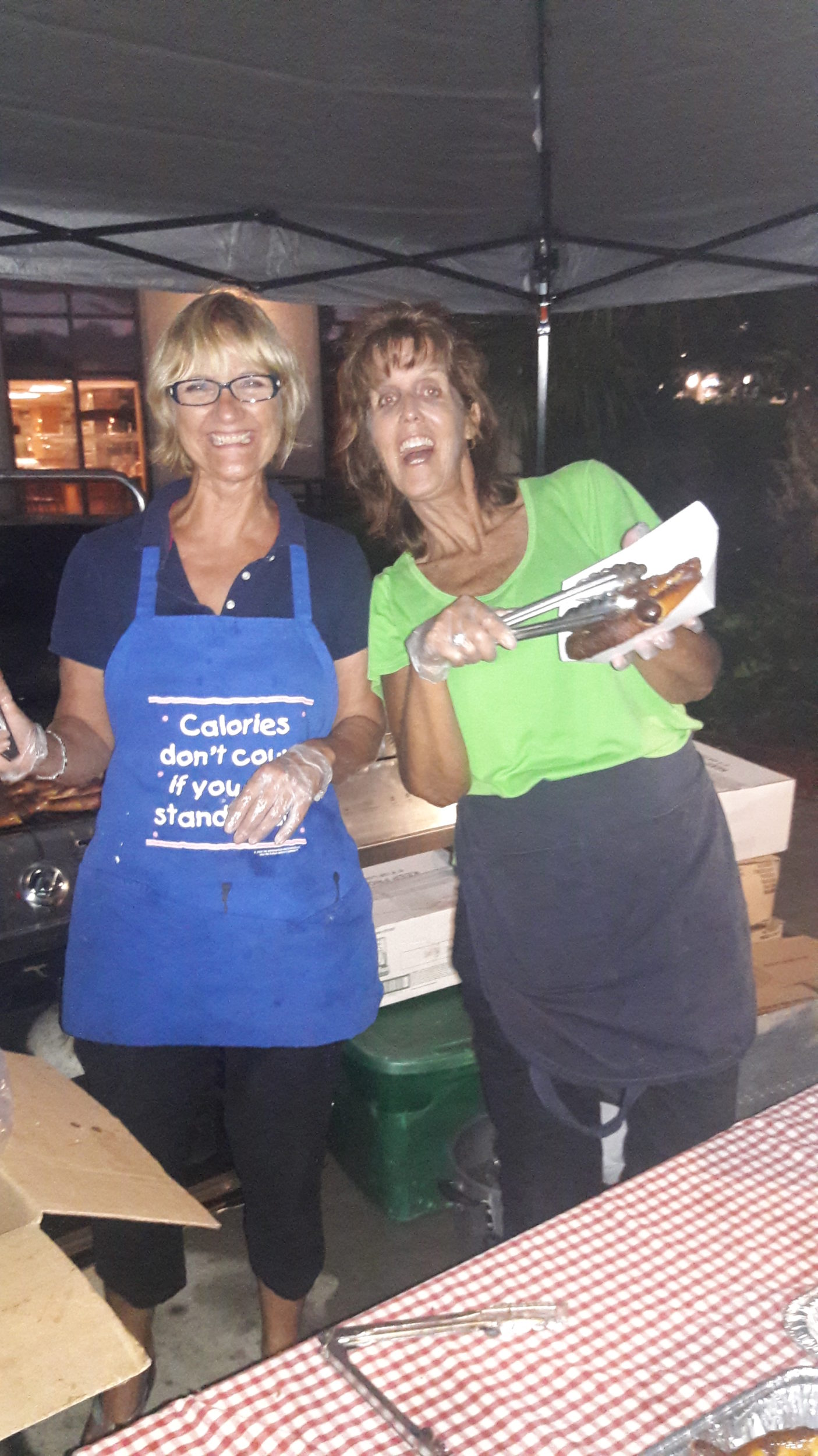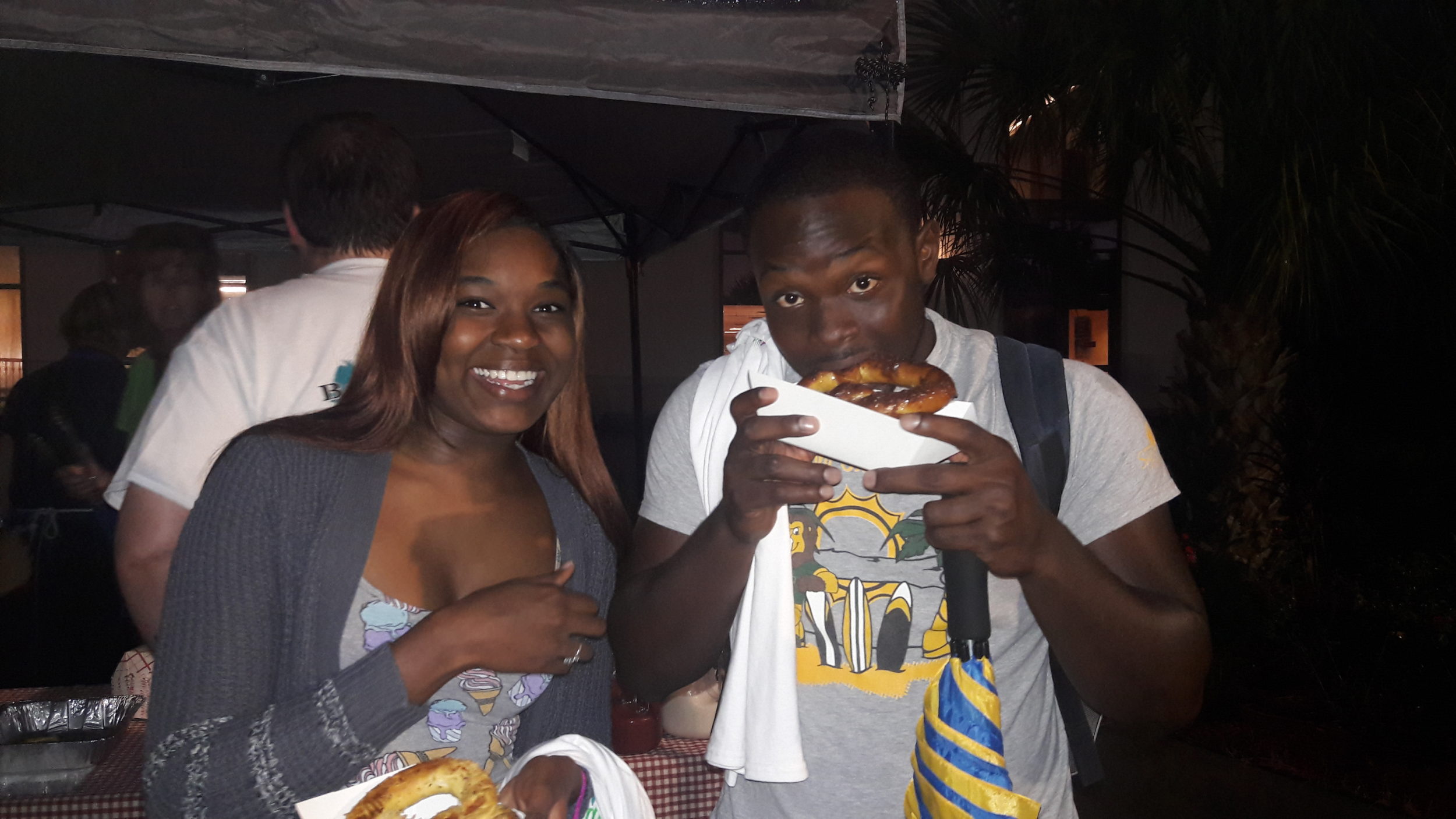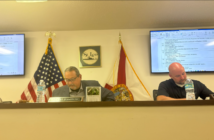With threat of Hurricane Hermine behind us, it is important to remember the damage that can be caused by hurricanes. Many students who attend Saint Leo have never experienced a hurricane as they either live out of state or out of country where the risk of a potential hurricane is much lower. As such, there are many students who may be unsure as to what precautions to take in order to keep themselves safe during a hurricane.
“We constantly track storms using the weather station we have on campus,” said Jose Caban, Director of Plant Operations.
With the abilities of current technology, hurricanes can often be tracked for several days and warnings will be issued through Campus Safety. Saint Leo University believes it is in the best interest of students who live close enough to campus to return home in the case of a hurricane warning. For those who cannot return to their homes or families at such a point in time, Saint Leo has several emergency procedures that will go into effect.
Initially, information regarding the severity and required actions will be distributed via the main University web page, displayed on flyers posted centrally in all residence halls, sent to student’s campus email, and provided to RA staff. Depending on the severity of the storm, a “shelter-in-place” warning may be issued. In this case, students will be required to move to a designated location with regards to their current housing assignment. These make-shift shelters will be operated by student services and will provide food in limited quantities so as to outlast the storm if need be.
Hurricane watches are warnings issued when a hurricane is considered to be a possible threat to impact the area within the following 24 hours. Once a hurricane watch is in place, students departing campus must check out with their RA and inform them as to with whom they will be staying as well as contact information. Additionally, students departing campus must prepare their rooms by following a set of guidelines provided by their RA.
In the case of a minor hurricane or indirect hit, students who need to relocate due to remaining on campus will need to adhere to the following assignments: students in Marmion, Snyder, Henderson, and Benoit will remain in their respective residence halls; students in the Roderick and Alumni residence halls will relocate to Apartment 6; students in Apartment 2, as well as students who reside on East Campus will relocate to Apartment 1; students in Apartment 3 will relocate to Apartment 4; and finally, students in Apartment 5 will relocate to Apartment 6.
In the case of a rated hurricane, designated as categories one through five, students would be relocated to one of three buildings for their safety. Students would be asked to take shelter in Lewis Hall, the Marion Bowman Activities Center, and Saint Edward’s Hall as these buildings are made of poured concrete in order to withstand severe weather.
When relocating to a hurricane shelter, it is important to remember that they are not designed for the comfort of occupants, but rather their safety. Only the basic amenities will be available to students, and great care must be taken to avoid wastage.
“Saint Leo is set up to function using a series of wells, so we will always have water,” said Caban. “The campus is also equipped with two main generators to power lights and other amenities to select buildings during a hurricane.”
When relocating to a temporary shelter, students should pack only what is necessary such as a pillow, blanket or sleeping bag, an extra pair of glasses or contacts, cards, board games, books, a flashlight with fresh batteries, a form of identification, enough cash to last for two weeks, toiletries, sweatshirts, snacks, a music player with headset, bottled water, and a cell phone. It should be noted that cigarettes, alcohol, and any device that is required to be plugged in for operation will not be allowed into a temporary shelter.
Once the hurricane has passed, it is important for residents of the shelter to remain indoors until the “all clear” is declared by an authorized University official. Students should be careful to stay away from downed power lines; even though the power may be off in the local area, there is a chance the line may still be “live” and has the potential to cause serious injury or death. Students should not call 911 unless there is a life-threatening emergency; instead they should call the campus safety number that can be found around campus. Damages and utility interruptions should be reported to Residence Life, and students should avoid drinking tap water after a hurricane until they are instructed that it is safe to do so.
When asked about their knowledge of the emergency plans put in place by the University in case of hurricanes, most students were unaware of the details of the plan. Riche Deleveaux, a sophomore biology major, said, “I am sure that the school should have plans like that, but I have never seen them.”
However, much of this information, and more, can be found through the Saint Leo University main web site and should be available as a printed packet from the Residence Life office. So, get informed and be prepared.






